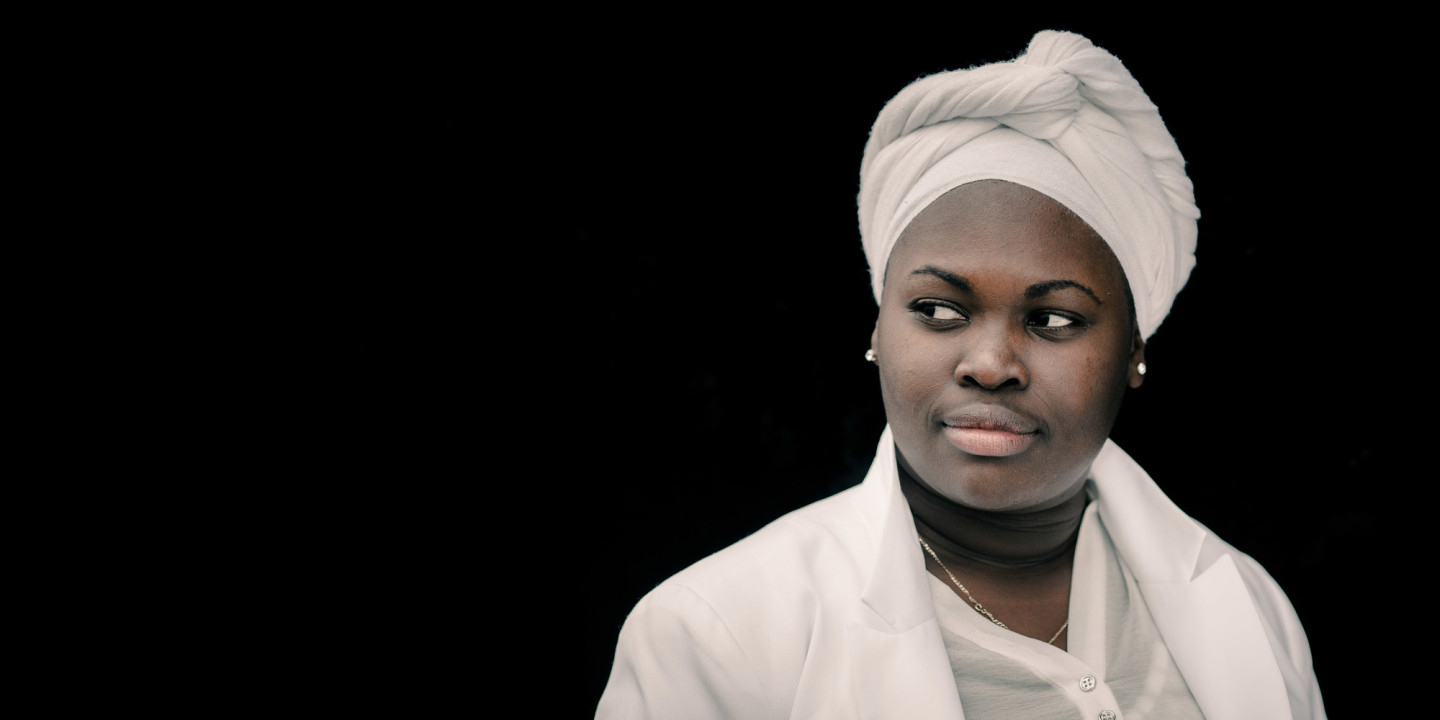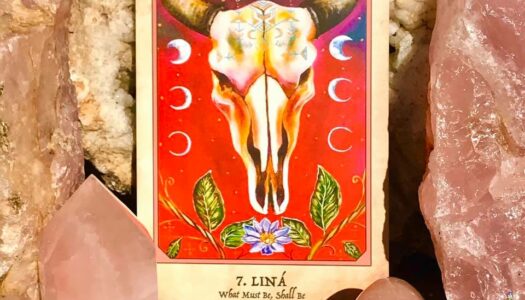“I am capable of putting my heart on the line every time I perform. I think that’s why people identify with me. I put my heart and soul into everything that I do.”
As a child in Havana, the Cuban singer Daymé Arocena was shy, introverted, and afraid of singing on stage alone. She preferred to perform with a large chorus, which, according to her, helped assuage her anxiety.
But that changed when her little neighborhood singing group began to tour throughout Cuba, and Arocena got hooked on the roar of the crowd.
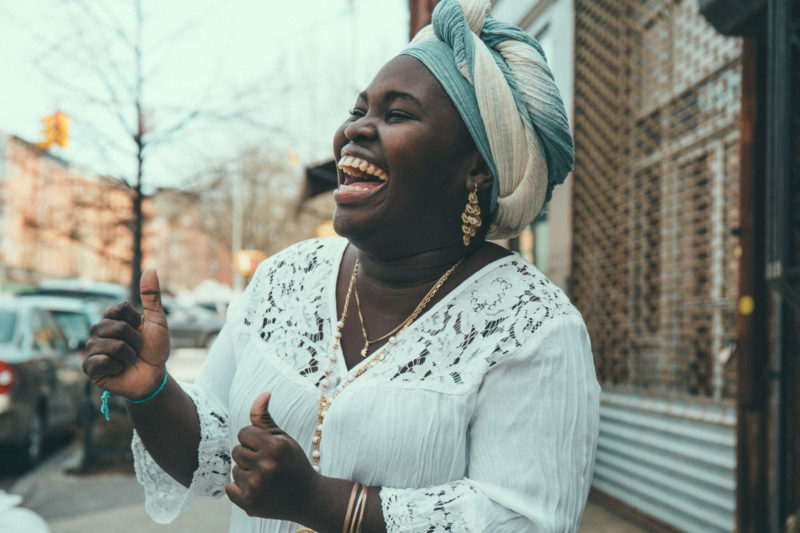
“Being in a group like that at a young age was beautiful,” Arocena, now 24, explained from the rooftop of her hotel in West Hollywood, the day before a recent performance in Los Angeles. “But as I began to sing more and more on my own, I started to get less nervous, because I was motivated by the love and applause of the people in the audience, which is the best feeling in the world.”
Today, the Afro-Cuban singer continues to be moved by her fans, but her stage has grown immensely. As U.S.-Cuban diplomatic relations continue to increase—both President Obama and the Rolling Stones have recently visited the island—international exposure for Cuban music is growing. And many have labeled Arocena the next great Cuban singer, following the likes of Celia Cruz, Omalia Portuondo, and Benny Moré.
Dayme Arocena displays a rare combination of youthful energy and very adult composure. She has an easy laugh and irradiates warmth, yet the power of her voice and the articulateness of her speech would make you think that she’s much older than twenty-two.
Yet her emergence on the international scene is more than just a reminder of Cuba’s musical genius—much of Arocena’s sound can be traced back to West Africa.
Santeria is a spiritual and religious practice that emerged from the fusion of West African influences and Roman Catholicism. It has historically been primarily practiced by Afro-Cubans, but today the religion holds a more diverse following.
Arocena’s music is rooted in this tradition: her songs feature a cacophony of sounds that invoke Santeria deities like Yemaya and Ochun—the saints of the ocean and love—through dynamic call and response, vivacious bass lines, and a voice that reverberates through the musical registries of jazz, soul, and Cuban rumba.
Her music isn’t overtly political, but it does offer a glimpse into Cuba’s social and political history. One song in particular, titled “El Ruso” (“The Russian”), takes listeners on a journey back to a time when the USSR had deep influences throughout Cuba.
“I made the song for a good friend, he’s Russian and impacted my life in a positive way, so I wrote him this song. I grew up with the understanding that that country impacted Cuba in many ways. In the 1970s, it was obligatory to learn Russian in Cuban schools. My mother had to learn Russian. I was born in 1992, so I missed that era.”
There is another theme that undergirds her music: her unapologetic pride as an Afro-Cuban woman.
“I am a proud Afro-descendant,” she said more than once.
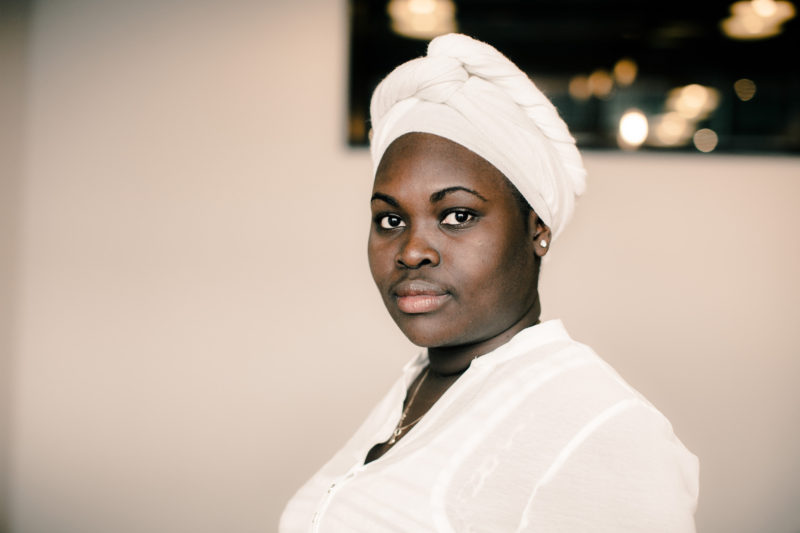
Arocena’s Afro-Latina background has been thrust into the international spotlight at a moment when Afro-Latino advocacy movements continue to emerge throughout the U.S. and Latin America. In Mexico, for example, the census for the first time last year recognized 1.4 million black citizens who described themselves as “Afro-Mexicans” or “Afro-descendant.” The Afro-Latin American experience has its roots in the transatlantic slave trade, which brought millions of enslaved Africans to the Americas.
Arocena said that performing in the U.S. provided her with a “deep connection to the African American experience in the United States.” But that connection began years ago, she said, when as an adolescent she idolized singers like Whitney Houston and Aretha Franklin.
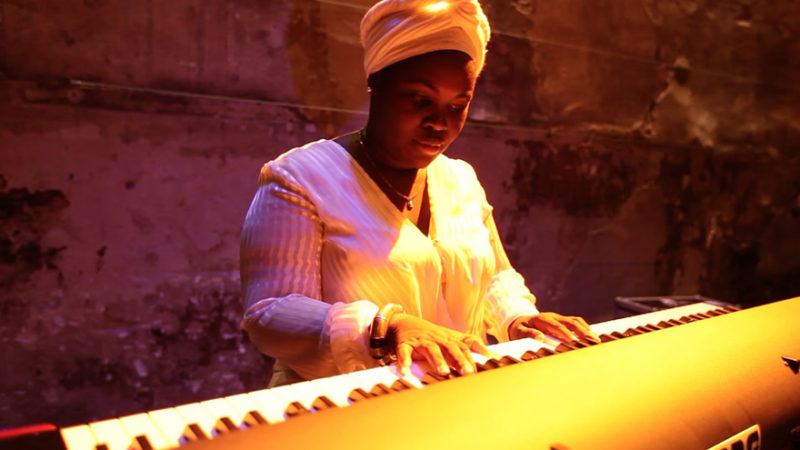
President Obama has also been a great source of inspiration for her, Arocena said. “As an Afro-descendant, I strongly connect with him. He has done extraordinary things. And I look up to him. He has taken great risks just like me,” she said.
As a performer, Arocena’s focus has been on her music, but her popularity among Afro-Latinos, she believes, comes from a place of shared understanding.
“When other Afro-descendants see me and take pride in what I do, I believe it is because they see a person who is not afraid to take risks,” she said. “I am capable of putting my heart on the line every time I perform. I think that’s why people identify with me. I put my heart and soul into everything that I do.”

